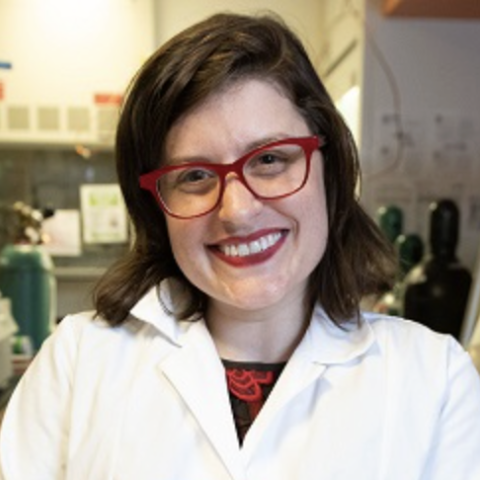
The Glass research group studies the microbes that made Earth habitable, and, more specifically, the microbial mechanisms underpinning cryptic transformations of methane and nitrous oxide in oxygen-free ecosystems. Why focus on the microbial world? The Earth has been constantly inhabited for four billion years. For three-quarters of that time, life was solely microbial. Ancient microbes produced the gases that warmed the planet to clement temperatures when the sun was faint, and that invented the molecular machines that drive biogeochemical cycles. The co-evolution of Earth and life is woven into the fabric of our research group, which examines the interplay between microbes and the greenhouses gases that control planetary temperature. Our research informs the microbial metabolisms that (i) made the early Earth habitable for life, (ii) make the deep subsurface habitable for life, (iii) serve as biosignatures for life on exoplanets, and (iv) play crucial roles in regulating atmospheric fluxes of greenhouse gases on our warming planet.
Anaerobic oxidation of methane, Environmental controls on greenhouse gas cycling, with afocus on methane and nitrous oxide, in terrestrial and marineecosystems Biogeochemical cycles of bioessential trace elements Marine microbiology, with a focus on anaerobic metabolisms Influence of trace metal bioavailability on microbial carbon and nitrogen cycling Integrating omic and geochemical datasets Co-evolution of microbial metabolisms and ocean chemistry over Earthhistory,





